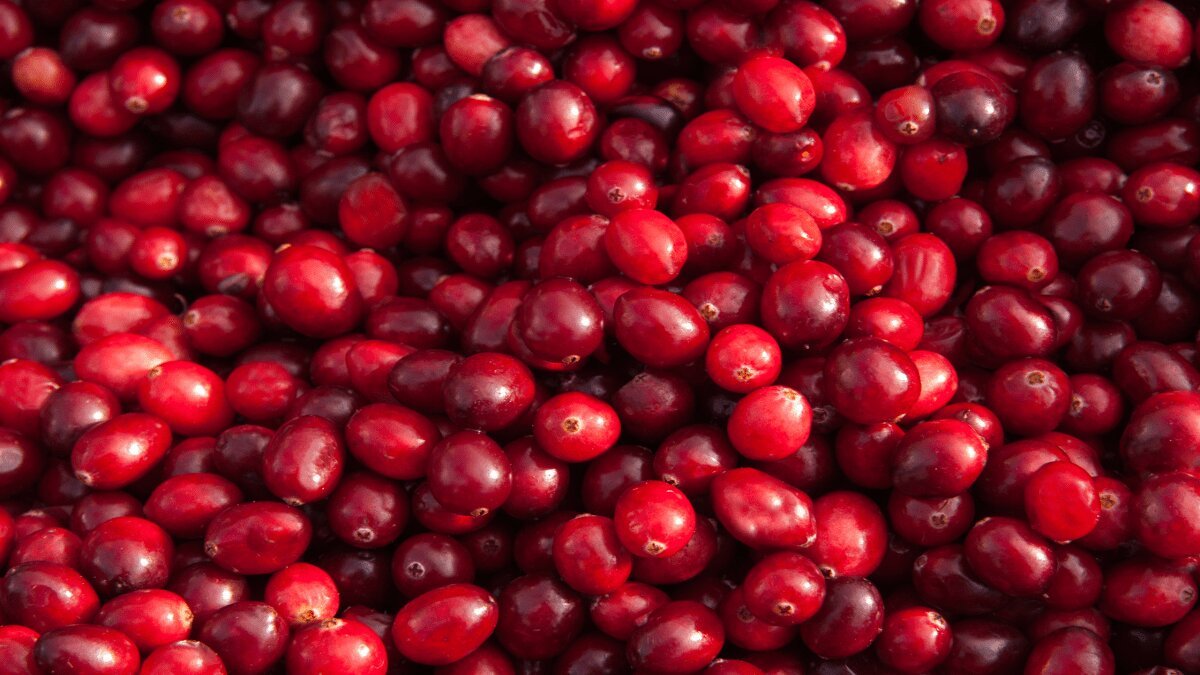Cranberries have long been celebrated for their potential health benefits, particularly in promoting urinary tract health. But what about their impact on kidney health? Let’s delve into the question: Is cranberry good for kidneys?
The Potential Benefits:
- Prevention of Urinary Tract Infections (UTIs): Cranberries contain compounds called proanthocyanidins, which are believed to help prevent certain bacteria, such as E. coli, from adhering to the urinary tract lining. By reducing bacterial adherence, cranberries may lower the risk of UTIs, which can sometimes lead to kidney infections if left untreated.
- Antioxidant Properties: Cranberries are rich in antioxidants, including flavonoids and vitamin C, which help combat oxidative stress and inflammation. Chronic kidney disease (CKD) is associated with oxidative stress and inflammation, so consuming foods rich in antioxidants, like cranberries, may offer some protective effects for kidney health.
- Potential Reduction in Kidney Stone Formation: Some research suggests that the compounds found in cranberries may help inhibit the formation of certain types of kidney stones. Specifically, cranberries contain citric acid, which can increase urinary citrate levels, potentially reducing the risk of calcium oxalate kidney stones.
Considerations and Caveats:
- High Oxalate Content: While cranberries may help prevent some types of kidney stones, they are also high in oxalates, compounds that can contribute to the formation of calcium oxalate kidney stones in susceptible individuals. Those with a history of kidney stones may need to moderate their intake of cranberry products to avoid increasing their risk.
- Potential Interaction with Medications: Cranberry juice may interact with certain medications commonly used by individuals with kidney issues, such as blood-thinning medications or medications for high blood pressure. It’s crucial to consult with a healthcare professional before incorporating cranberry products into your diet, especially if you’re managing kidney-related conditions.
- Acidic Nature: The acidity of cranberry juice may exacerbate symptoms for individuals with kidney problems, particularly those prone to acid reflux or gastritis. In such cases, it may be advisable to opt for low-acid cranberry juice varieties or to consume cranberries in whole form rather than as juice.
While cranberries offer several potential benefits for urinary tract health and may have some positive effects on kidney health, their impact can vary depending on individual factors such as existing health conditions and dietary preferences. As with any dietary choice, moderation is key, and consulting with a healthcare professional is advisable, especially for individuals with kidney-related issues or concerns. By considering these factors and making informed choices, individuals can incorporate cranberries into their diet in a way that supports overall kidney health and well-being.


